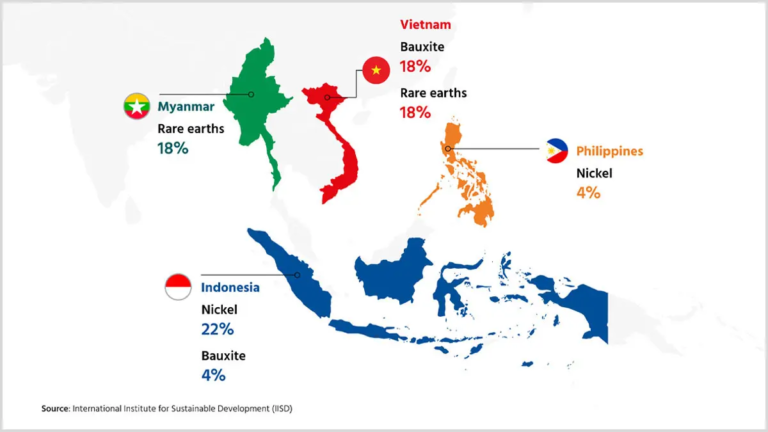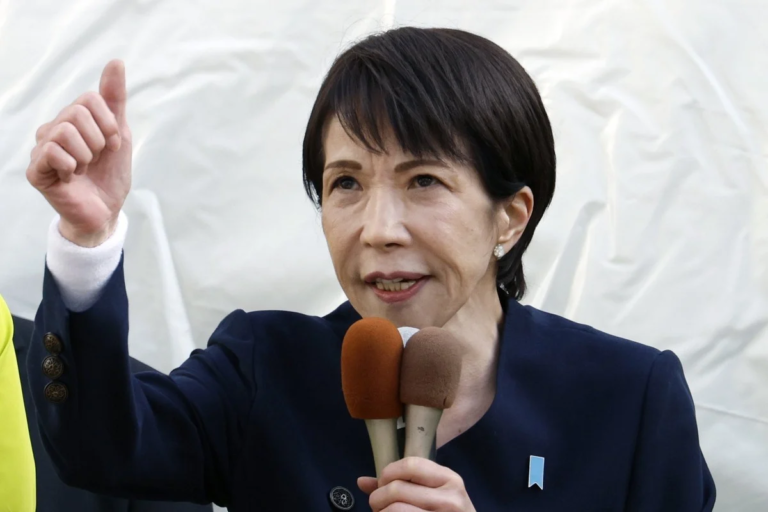
The U.S. and China, as two of the world’s most powerful nations, have a critical responsibility to ensure global stability and prevent the escalation of tensions into a nuclear standoff. As both nations continue to expand their military capabilities and assert their influence on the global stage, the potential for misunderstanding, miscalculation, or unintended escalation increases.
To avert a nuclear standoff, open communication channels are essential. Diplomatic dialogue, military-to-military communication, and confidence-building measures can help reduce the risk of conflict. Both nations should prioritize transparency regarding their strategic intentions and nuclear policies. This includes participation in arms control agreements and discussions to prevent an arms race in the Asia-Pacific region.
The U.S. and China must also address underlying issues that contribute to tensions, including disputes over Taiwan, territorial claims in the South China Sea, and competition in emerging technologies. Engaging in cooperative efforts on global challenges, such as climate change, public health, and economic stability, can help foster mutual trust and reduce hostility.
Ultimately, preventing a nuclear standoff requires a commitment to peaceful coexistence and a shared understanding that nuclear conflict would have catastrophic consequences for both nations and the world. Leaders in Washington and Beijing must act with prudence, foresight, and a dedication to preserving peace for future generations.
Lyle Goldstein is director of Asia engagement at the think tank Defense Priorities in Washington and author of “Meeting China Halfway: How to Defuse the Emerging U.S.-China Rivalry.”
U.S. President Donald Trump said last month he wants to open nuclear arms control talks with China and Russia. In the past, China has resisted a trilateral approach — a hesitancy that has some logic to it given China’s nuclear arsenal is dwarfed in comparison with the U.S. and Russia. While it’s likely true that U.S. pressure to end the Russia-Ukraine War is fostering some concern about Washington’s security commitments across the Asia-Pacific, all concerned will benefit from greater focus on easing regional nuclear tensions.




